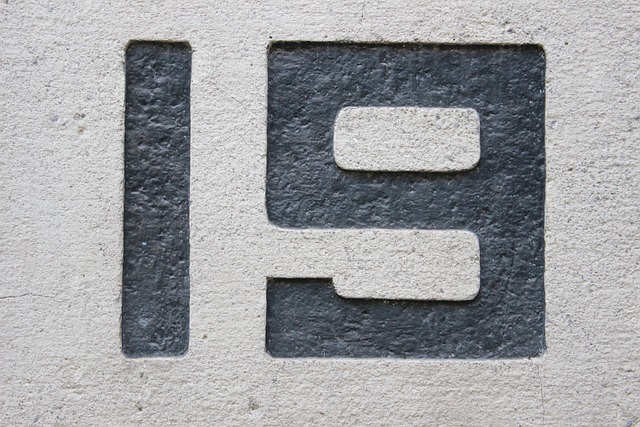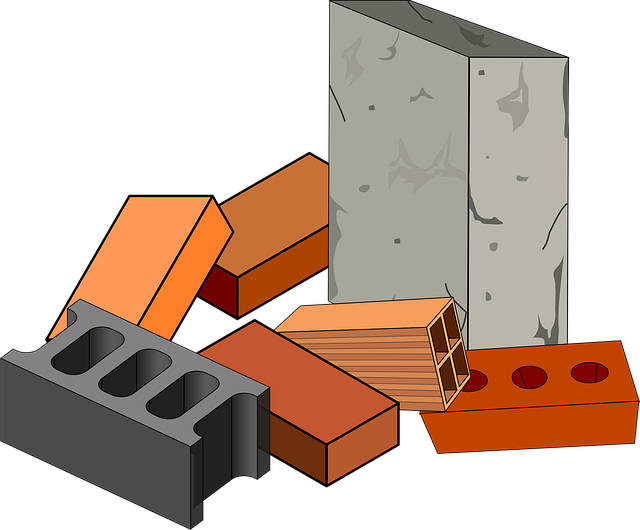Insulated Concrete Forms (ICFs) represent a significant advancement in sustainable building practices, offering rapid and efficient construction with superior thermal performance. These systems consist of pre-fabricated foam blocks filled with concrete that provide excellent insulation, significantly outperforming traditional building methods and reducing heating and cooling costs due to their high R-values. ICFs expedite the construction process while minimizing labor and material waste, thereby lowering the environmental impact. They offer robust structural support, resilience against weather extremes, and are compatible with smart technologies for enhanced building performance. ICFs are versatile, suitable for a range of projects from residential to commercial, and contribute to green standards, potentially facilitating LEED certification. Their lightweight design, durability, energy efficiency, and effective soundproofing make them an ideal choice for sustainable and enduring structures, offering long-term economic benefits and improved indoor air quality. In summary, ICFs are a modern construction solution that embodies efficiency, sustainability, and resilience.
Insulated Concrete Form (ICF) construction is revolutionizing the building industry with its rapid deployment and energy-efficient design. This article delves into the multifaceted benefits of modular ICFs, offering an in-depth exploration of their advantages, installation process, and environmental impact. From accelerated build times to enhanced thermal performance and design versatility, ICFs stand out as a cost-effective solution for modern construction needs. We will also examine the technological advancements shaping this industry, provide insights into financing and regulatory considerations, and offer practical tips for site management and maintenance to ensure longevity. Whether you’re a homeowner, developer, or contractor, this comprehensive guide will equip you with the knowledge to harness the full potential of ICF construction.
- Overview of Modular Insulated Concrete Form (ICF) Construction
- The Advantages of Using ICFs for Quick Construction
- Key Features of Insulated Concrete Form Systems
- Steps in the Modular ICF Construction Process
- Energy Efficiency and Thermal Performance Benefits of ICFs
Overview of Modular Insulated Concrete Form (ICF) Construction
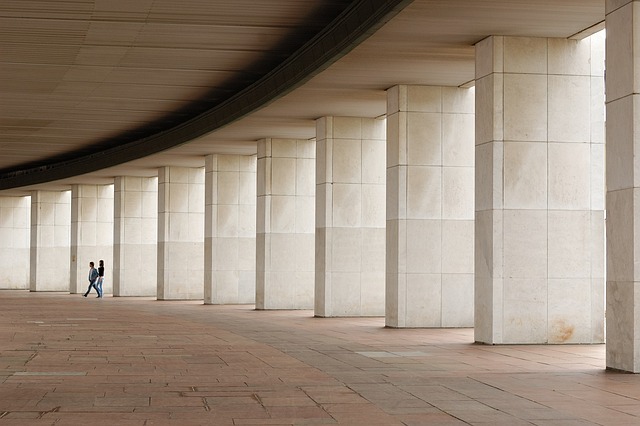
Modular Insulated Concrete Form (ICF) construction represents a modern, efficient approach to building that combines speed and energy efficiency. This innovative method employs interlocking foam blocks filled with concrete, which are pre-fabricated off-site and then assembled on-site to create structural walls. The result is a sturdy, well-insulated envelope that provides exceptional thermal performance, significantly reducing heating and cooling costs for building occupants. The modular nature of these forms allows for rapid construction times, as the pieces fit together with precision, cutting down on both labor and material waste. This not only accelerates the project timeline but also minimizes environmental impact.
The ICF system offers numerous benefits beyond its speedy installation process. It provides superior insulation values, contributing to a more comfortable indoor environment and enhancing energy efficiency throughout the building’s lifecycle. Additionally, the concrete core within the ICFs adds structural integrity, making buildings more resilient against natural elements and environmental stresses. The integration of smart technologies within the ICF framework can further bolster the building’s performance, allowing for seamless automation and monitoring systems that ensure optimal energy usage. Overall, modular ICF construction is a versatile, high-performance solution ideal for both residential and commercial projects seeking durability, efficiency, and sustainability.
The Advantages of Using ICFs for Quick Construction

Insulated Concrete Forms (ICFs) have revolutionized the construction industry by offering a swift, efficient, and high-quality building solution. These interlocking foam blocks are filled with concrete to create structural walls that provide superior insulation properties compared to traditional construction methods. One of the most significant advantages of using ICFs is the expedited construction timeline. Because ICFs are pre-engineered and can be stacked quickly, they significantly reduce the time it takes to construct a building’s skeleton. This acceleration is not just about speed; it also means that projects can progress with greater precision and less on-site labor, leading to cost savings and reduced project timelines.
Furthermore, ICFs contribute to energy efficiency throughout the lifecycle of a building. The high R-values of the foam insulation within the ICF system result in substantially lower energy costs for heating and cooling. This insulation also enhances the structural integrity of the building, as it acts as an integrated part of the wall, providing both thermal and sound insulation. The durability and resilience of ICFs ensure that they can withstand extreme weather conditions, including high winds, heavy snow loads, and seismic activity, making them a reliable option for sustainable, long-lasting construction.
Key Features of Insulated Concrete Form Systems
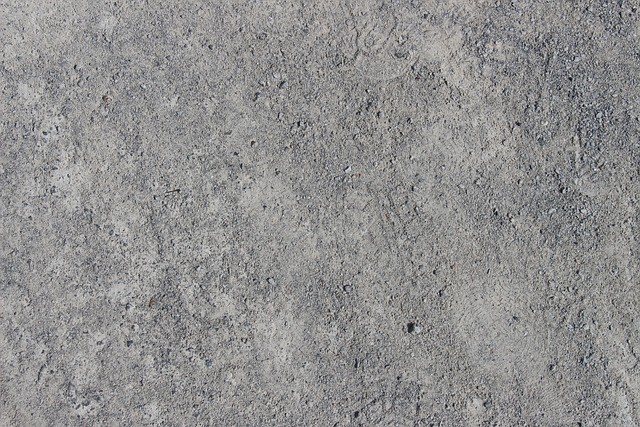
Insulated Concrete Form (ICF) systems represent a significant advancement in construction technology, offering a range of benefits that enhance both the building process and the performance of the structure itself. These systems consist of interlocking foam panels with integrated plastic or steel tie bars that are stacked to form walls, which are then filled with concrete. The result is a structure that boasts superior insulation properties, durability, and energy efficiency. One key feature of ICFs is their high R-value, which measures the thermal resistance of insulating materials. With an exceptional R-value, these forms provide continuous insulation throughout the wall thickness, significantly reducing heat transfer and resulting in energy savings for building occupants. This aspect makes ICFs a sustainable choice, aligning with green building standards and contributing to LEED certification.
Another significant advantage of using Insulated Concrete Form systems is their versatility in construction applications. They can be utilized in both residential and commercial projects, ranging from small homes to large-scale buildings. The lightweight nature of the foam panels allows for quicker construction times compared to traditional methods. This speed of installation also means that the structure is more weather-resistant during the build phase, as the insulated forms can be erected faster than other methods, thus reducing the time the building is exposed to potential environmental damage. The ICFs also provide a high level of structural integrity, capable of withstanding extreme weather conditions and offering soundproofing benefits. This makes them an ideal solution for areas prone to natural disasters or for creating quiet and comfortable living environments.
Steps in the Modular ICF Construction Process

Modular insulated concrete form (ICF) construction is a sophisticated building technique that offers both speed and thermal efficiency in the construction process. The ICF system consists of interlocking foam blocks, which are stacked to form the exterior walls of a structure. These blocks serve as molds for the concrete that is pumped into them, creating robust, insulated walls with superior energy efficiency.
The construction process begins with careful planning and design, where the project’s dimensions and specifications are determined. Once the design phase is complete, the actual building process commences on-site. The first step involves setting up the foundation, ensuring it’s level and stable to support the modular ICF walls. After the foundation is prepared, construction workers position the insulated concrete forms against this base. These forms are then interlocked and stacked vertically to create the desired wall height. Specialized equipment, such as pumps, transport the concrete into the cavity between the foam blocks. The concrete fills the space completely, adhering to the sides of the ICFs under pressure, which ensures a strong bond and eliminates the need for additional framing or rebar in most cases. Once the concrete has cured, the outer plastic shells of the ICFs are removed, revealing the finished insulated concrete walls. This process is repeated for each module or section of the project, with the modules being prefabricated off-site when applicable. The result is a rapid construction timeline, with structures that offer exceptional thermal performance and resilience against environmental factors, making modular ICF construction an attractive option for modern building projects.
Energy Efficiency and Thermal Performance Benefits of ICFs
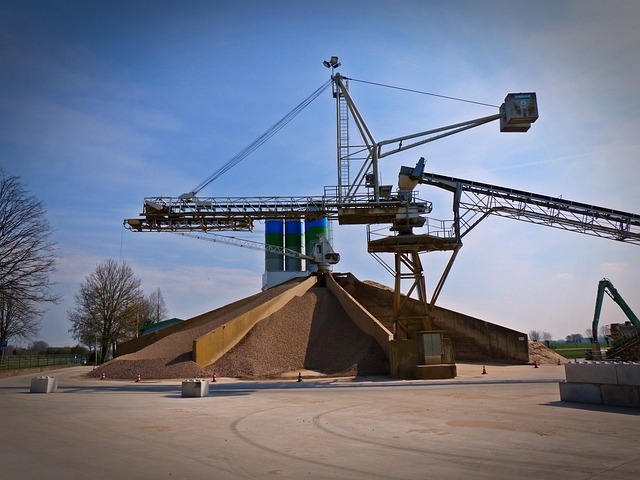
Insulated Concrete Forms (ICFs) represent a significant advancement in construction technology, particularly when it comes to energy efficiency and thermal performance. These forms consist of high-performance foam insulation with interlocking EPS (Expanded Polystyrene) blocks or panels that are used to create structural walls. The result is a building envelope that offers superior insulating properties compared to traditional construction methods. This insulation quality leads to reduced energy consumption for heating and cooling, as the thermal mass of the concrete within the ICFs helps to regulate indoor temperatures effectively. Moreover, the continuous insulation provided by ICFs minimizes thermal bridging, which is a common issue in conventional construction where wood framing can conduct heat away from the conditioned space. This means that buildings constructed with ICFs maintain a more consistent temperature year-round, resulting in energy savings and increased comfort for occupants.
The benefits of ICFs extend beyond initial construction; their long-term performance is exceptional. The high R-values of the insulation materials used in ICFs ensure that the building’s energy demands are significantly lower over its lifespan. This not only reduces the environmental impact due to lower carbon emissions from heating and cooling systems but also translates into ongoing cost savings for homeowners or businesses. Additionally, the durability and airtight nature of ICFs contribute to better indoor air quality, as they reduce infiltration of outside pollutants. In conclusion, the use of Insulated Concrete Forms is a testament to the intersection of energy efficiency and sustainability in modern building practices.
In conclusion, modular insulated concrete form (ICF) construction stands out as a highly efficient and sustainable building method, offering significant advantages over traditional techniques. The use of ICFs not only accelerates the construction timeline but also ensures energy efficiency and superior thermal performance for the lifespan of the structure. Homeowners and builders alike can reap the benefits of this innovative approach, including cost savings, reduced environmental impact, and a comfortable living environment. As the construction industry continues to evolve, embracing Insulated Concrete Form systems is a smart choice for those seeking speed, quality, and durability in their building projects. With its adaptability and performance advantages, ICF technology is poised to become a cornerstone of modern construction practices.
